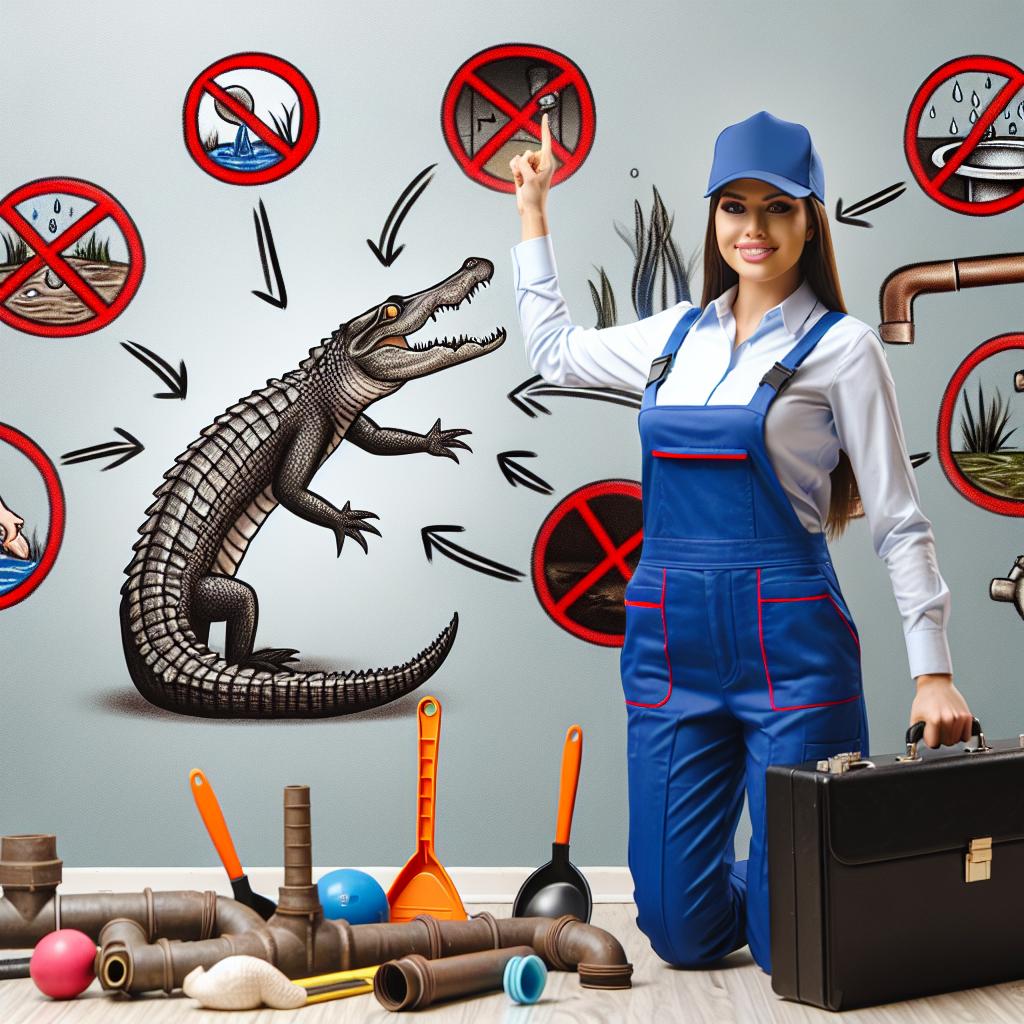Bust the Rust: A Comprehensive Myth-Busting Guide to Residential Plumbing
We humans are ruled by facts and myths in almost every aspect of our lives – none less so than our residential plumbing systems. Myths surrounding home plumbing seem perpetually circulated and blindly accepted as hard truth by homeowners. Armed with this misinformation, one might carry out dangerous and potentially damaging DIY plumbing hacks.
Allow us to bust the rust and lay bare the falseness of those old wives’ tales you may have heard about residential plumbing. Here’s a comprehensive myth-busting guide to set your plumbing understandings straight.
Myth 1: Water Always Drains Clockwise in the Southern Hemisphere
Contrary to popular belief, the specific hemisphere doesn’t determine the direction that water swirls down the drain. The Coriolis Effect states that the Earth’s rotation affects the movement of large, weather-size systems but has minimal effect on small bodies of water like your bathroom sink. The shape and slope of the sink or bath, and the way the water enters, overpower the effects of the Earth’s rotation.
Myth 2: Lemons Are Perfect for Garbage Disposal Cleaning
Many think that the citric acid in lemons would work wonders on grease and residue in the garbage disposal. Unfortunately, it doesn’t. It can only combat the fruit’s odour. Overuse of this ‘lemon cleaning trick’ can corrode the disposal’s metal elements, leading to severe damage. For best results, opt for a specialized garbage disposal cleaner—these are designed to break down grease and food particles without harming the disposal’s interior components.
Myth 3: Running Water While Using the Garbage Disposal Helps Everything Go Down Smoothly
Running water won’t help move larger, harder waste pieces through the garbage disposal system. This misbelief can lead to significant blockages over time and potentially damage the disposal unit.
Myth 4: As Long As Things Keep Going Down My Drain, It Isn’t Getting Clogged
This is yet another prevalent myth that can lead to excessive damage. Just because waste seems to be going down does not mean it’s not accumulating somewhere along the plumbing lines, leading to slow, unnoticed blockages. Regular drain cleaning and timely inspections are essential to keep your pipes clean and free-flowing.
Myth 5: Plungers Can Clear Any Clog
While it’s true that a good plunging can clear many minor clogs, it’s not a universal solution to all your plumbing woes. Some more severe clogs may require professional tools and expertise, or they could make the situation worse. Remember, it is better to get professional intervention if plunging doesn’t seem to clear the clog.
Myth 6: All Plumbers Are the Same
Not all plumbers are created equal. The plumber’s expertise, experience, license status, and commitment to continued training can significantly impact the quality of work rendered. Hence, choose your plumbing contractor wisely and ensure they are trained, licensed, and insured.
Myth 7: Store-bought Drain Cleaners Are Safe for My Pipes
Though marketed as the perfect solution for drain clogs, store-bought chemical drain cleaners can be harmful to your pipes. They work by creating heat to disperse the clog, which can weaken the pipe walls. Moreover, they contain hazardous chemicals harmful to humans and the environment.
Hydro-Jetting or Snaking are safer alternatives, professionally adopted for drain cleaning.
Myth 8: Flushable Wipes Are Safe to Flush
Despite what the packaging says, “flushable” wipes can cause severe blockages in your plumbing system. Unlike regular toilet paper, these wipes don’t disintegrate rapidly when wet, resulting in them accumulating and causing clogs in your plumbing system. It’s safer to dispose of these in a trash can.
Myth 9: Plumbing Systems Require No Regular Maintenance
Even if everything seems to be in working order, plumbing systems require regular inspections and maintenance. Routine maintenance helps to prevent major problems, repair leaks, and improve the system’s lifespan and efficiency. Always schedule a professional plumbing check-up at least once every year.
Conclusion
Ignoring myths and arming yourself with the truth about residential plumbing ensure that you take care of your home’s plumbing system in the best possible way, saving you from costly repairs down the line. Don’t let misconceptions lead to plumbing disasters – Bust the rust, and follow research-informed practices for maintaining your residential plumbing.




